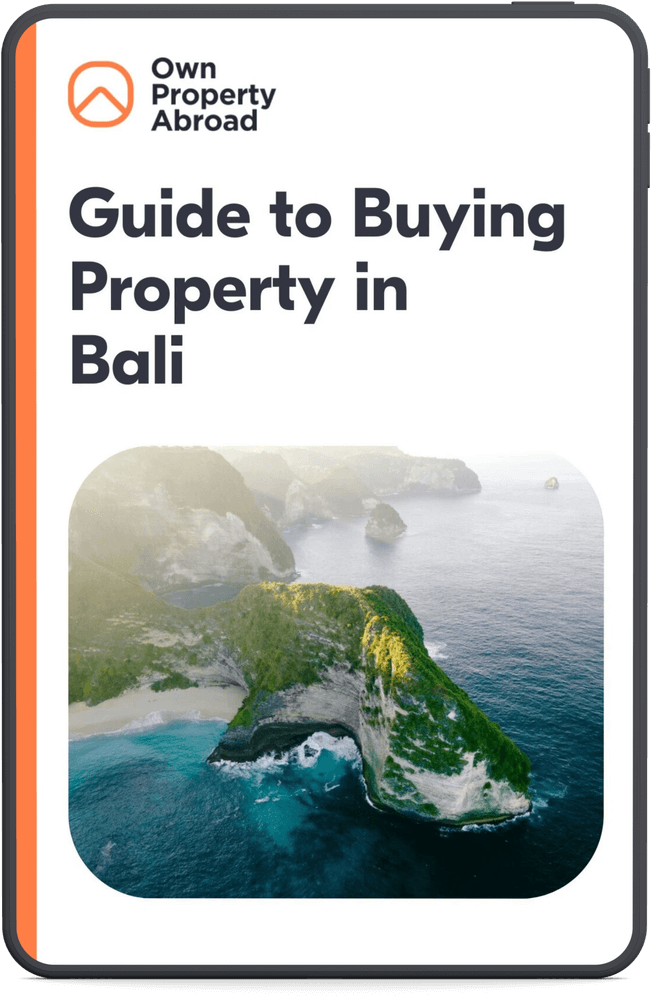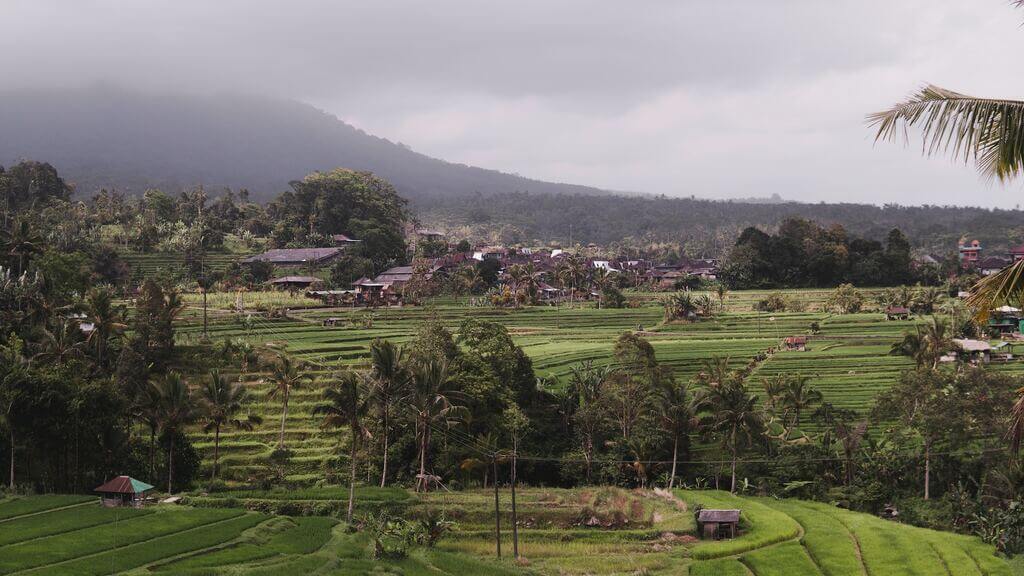What is a nominee agreement?
Nominee agreements in real estate are legal arrangements in which one party, the nominee, holds the title and legal ownership of a property on behalf of the other party, the beneficial owner. This type of agreement is often used to separate the legal ownership from the beneficial owner for various reasons, such as privacy, convenience, or legal and tax planning.
In Bali, nominee agreements are almost always used to avoid restrictions on foreign property ownership. Foreigners cannot directly own freehold real estate under Hak Milik (HM), the highest form of property ownership. Hak Milik is only available to Indonesian nationals. Thus, foreigners can buy and pay for the property while the title is registered under the name of the local nominee.
Valuable insights and practical advice, distilled from years of expertise and real-world experience.


The nominee agreement states that the beneficial owner retains all the economic benefits and rights associated with the property, such as income generated from the property, the right to sell, and the right to use the property. The nominee usually receives a reward in the form of money or a part of the generated income.
Why you should never buy property through a nominee in Bali
Buying property through a nominee agreement in Bali can be risky for several reasons. The five most important reasons why it’s not smart to buy property through a nominee are listed below.
1. Using a nominee agreement in Bali is illegal
Indonesian law places strict restrictions on foreign ownership of land or buildings. Only Indonesian nationals are allowed to hold full ownership of Indonesian real estate. Using a nominee agreement in Bali to bypass these restrictions is technically illegal. In recent years, the Indonesian government has been cracking down on these agreements and intends to do so more often.
Using a nominee agreement in Bali may lead to serious legal consequences, including property seizure without compensation. This means you might lose the property without receiving any compensation.

2. The beneficial owner has a lack of control
Even with a nominee agreement in place, the nominee still holds the legal title to the property. This means the actual control over the property lies with the nominee, whatever the nominee agreement says. If the relationship between the beneficial owner and the nominee deteriorates, the nominee could misuse their legal authority, leading to disputes or property loss.
3. Using a nominee can lead to tax implications
Using a nominee agreement in Bali can lead to complicated and potentially unfavorable tax situations. Buying property through a nominee is illegal in the first place. Still, the Indonesian tax authorities may view the arrangement as an attempt to evade taxes, resulting in fines, penalties, or back taxes. Moreover, transferring a property back to the beneficial owner or another party might result in extra tax liabilities.
4. Nominee agreements in Bali are not recognized under law
Nominee agreements in real estate are usually not recognized or enforceable under Indonesian law because the law states that foreigners are not allowed to own land or property. If a dispute arises, the beneficial owner might have limited legal resources to claim their rights, leaving them vulnerable to losing their investment.
5. Using a nominee in Bali can cause financial damage
There’s always a possibility that the nominee faces financial difficulties, such as bankruptcy or legal issues. These difficulties could affect the property since the property is in the nominee’s name. Creditors or legal judgments against the nominee could put the property at risk, causing financial damage to the beneficial owner. Additionally, if the nominee acts dishonestly, they could sell or encumber the property without the beneficial owner’s consent.
Other ways to buy property in Bali as a foreigner
There are many great alternative options for foreigners to buy property in Bali, which makes using a nominee agreement in Bali even more unnecessary.
- Setting up a local company (PT PMA): Foreigners can establish a PT PMA in Indonesia. This legal entity can own freehold real estate under Hak Guna Bangunan (HGB), meaning the Hak Milik title must first be transferred to HGB. Using a PT PMA is ideal for business purposes, such as generating rental income.
- Buying under Hak Pakai (HP): A limited number of properties can be bought under a Hak Pakai title, which gives foreigners the right to own and use the property for residential purposes under specific conditions.
- Using long-term lease agreements: The easiest and safest option is leasing property in Bali, usually for 25 or 30 years and extendable up to 80 years. During the leasehold period, the buyer can use the property for residential and commercial activities or even make changes to it.
Concerned about nominee agreements in Bali? Let us help you find safer alternatives!
Using a nominee agreement in Bali might seem like an easy solution for property ownership, but it comes with legal and financial risks that can jeopardize your investment. Our team of experts specializes in helping foreigners navigate secure and legal alternatives, such as leaseholds and PT PMA structures. We’ll guide you toward safe and compliant property ownership in Bali. Leave your details below, and we’ll contact you to provide tailored assistance, or email us directly at [email protected] for professional guidance.
Valuable insights and practical advice, distilled from years of expertise and real-world experience.


Frequently Asked Questions (FAQs)
What is the purpose of a nominee agreement in real estate?
The purpose of a nominee agreement in real estate is to allow one party, the nominee, to hold the title to a property on behalf of another party, the beneficial owner. Nominee agreements separate legal ownership from beneficial ownership and are used for several reasons, such as privacy, convenience, or legal purposes.
How does land ownership in Indonesia work?
Land ownership in Indonesia is governed by strict regulations that generally restrict foreign ownership. Only Indonesian citizens and certain legal entities can own land directly. Foreigners can own land in other ways, such as through leasehold or by establishing a PT PMA.
Can foreigners own land in Bali?
Foreigners cannot directly own land in Bali but can own land under a leasehold agreement, use Hak Pakai, or set up a PT PMA.
Is a nominee agreement in Bali legal?
Nominee agreements in Bali are not legal under Indonesian law, as they attempt to bypass the restrictions on foreign ownership. Using a nominee agreement can result in severe legal consequences if discovered.




